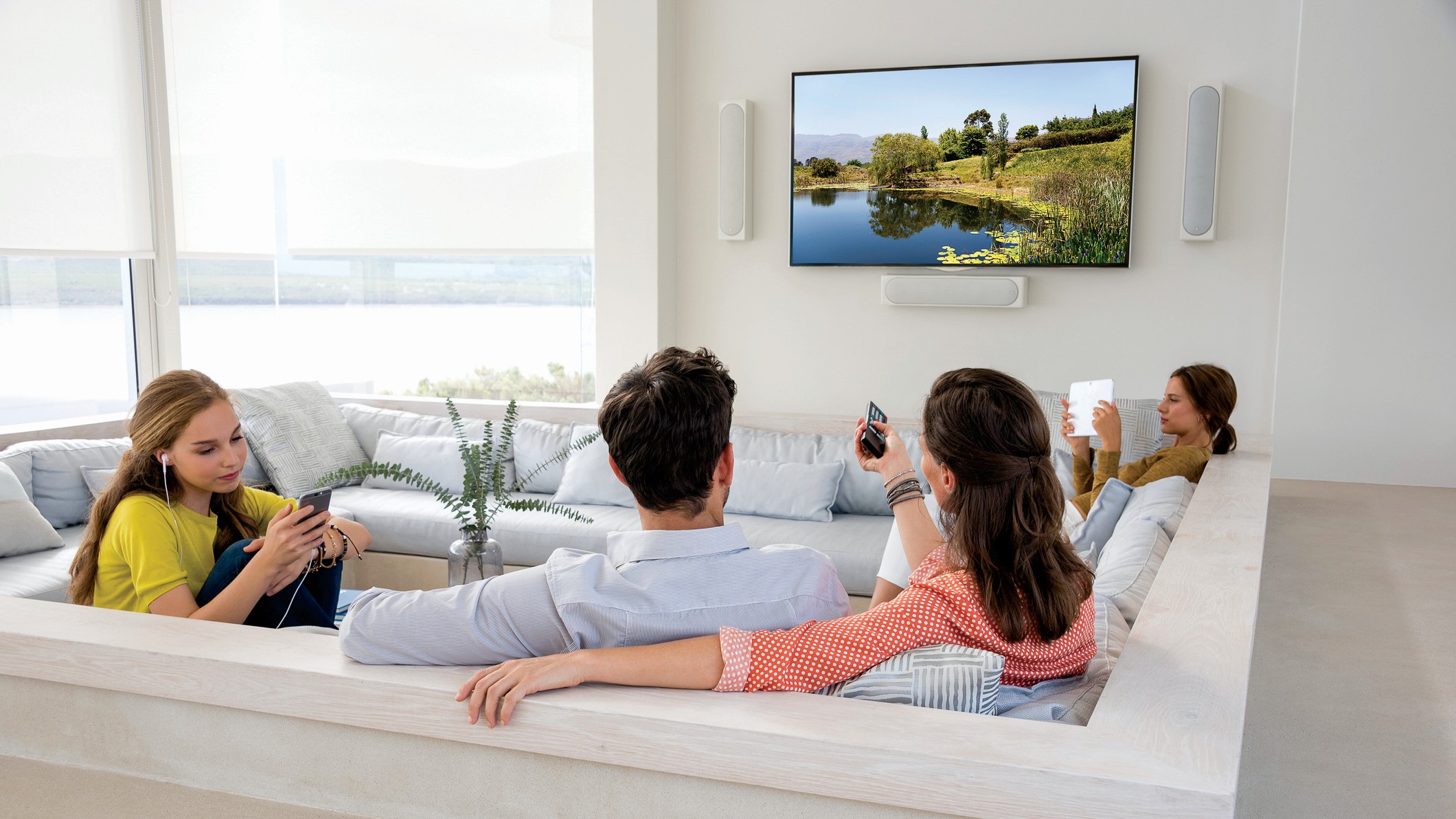One in Three Americans Say They Have a “Screen Addiction”
A new survey from Norton LifeLock found the pandemic had boosted screen time to 6.3 hours a day outside of work and school

TEMPE, Ariz.—A new survey has found that nearly one in three Americans (31%) say they have become addicted to being online as a result of the pandemic, Norton LifeLock reported.
The study, which was conducted online by The Harris Poll among more than 1,000 U.S. adults on behalf of Norton, found that over half of Americans (53%) say the amount of time they spend in front of a screen outside of school and work purposes has increased significantly during the pandemic.
Consumers reported spending an average of 6.3 hours a day in front of screens outside of work or school, and for many, it’s too much, Norton reported.
About two thirds of all Americans (66%) admitted that they spend way too much time looking at screens.
The survey also found that one in four (26%) said they purchased a new smart home or connected device to better cope with the pandemic. This brings the total reported average number of devices owned per household to six.
While for some Americans, increased screen time has helped them feel connected (43%), nearly four in ten (38%) said it has made them less physically active and one in five (21%) note it has negatively impacted their mental health.
Americans also understand there are security risks that come from connected devices, with many believing it is very or extremely likely that a computer (56%) or smartphone (49%) will be hacked. Yet, one in five device owners (20%) have not taken actions to protect themselves and their devices.
The professional video industry's #1 source for news, trends and product and tech information. Sign up below.
“With the pandemic rapidly changing how we use technology, the threats people face online also continue to change and evolve,” said Darren Shou, head of technology, NortonLifeLock.
“The 2021 Norton Cyber Safety Insights Report: Special Release – Home & Family,” also found that Millennials and Gen Z feel the negative impact of increased screen time the most.
Among U.S. adults aged 18-39, 25% said that increased screen time has made them feel lonelier than ever before. In contrast only 13% of those aged 40 or older reported the same problem.
Close to one in four (23%) also said the additional screen time has made them feel bad about their body or hurt their self-esteem.
Despite being aware of security threats, consumers haven't done enough to protect their devices.
Only around one in three deny permissions to apps on devices (35%), change the default passwords on devices (33%), regularly update device passwords (30%) or install cybersecurity software to their devices (29%).
More than three in five adults (63%) admit to using personal information in their password(s), and only about two in five consumers who own a Wi-Fi router change their router password more than once a year.
Just 39% of consumers who own a Wi-Fi router change their router password more than once a year, with close to three in ten (29%) admitting they have never changed the password or are not sure how often the password is changed.
The U.S. research was conducted online by The Harris Poll on behalf of NortonLifeLock among 1,003 adults aged 18+. The survey was conducted May 20 through June 8, 2021. Data are weighted where necessary by age, gender, race/ethnicity, region, education, marital status, household size, and household income to bring them in line with their actual proportions in the population.
The study’s full results are available here.
George Winslow is the senior content producer for TV Tech. He has written about the television, media and technology industries for nearly 30 years for such publications as Broadcasting & Cable, Multichannel News and TV Tech. Over the years, he has edited a number of magazines, including Multichannel News International and World Screen, and moderated panels at such major industry events as NAB and MIP TV. He has published two books and dozens of encyclopedia articles on such subjects as the media, New York City history and economics.

